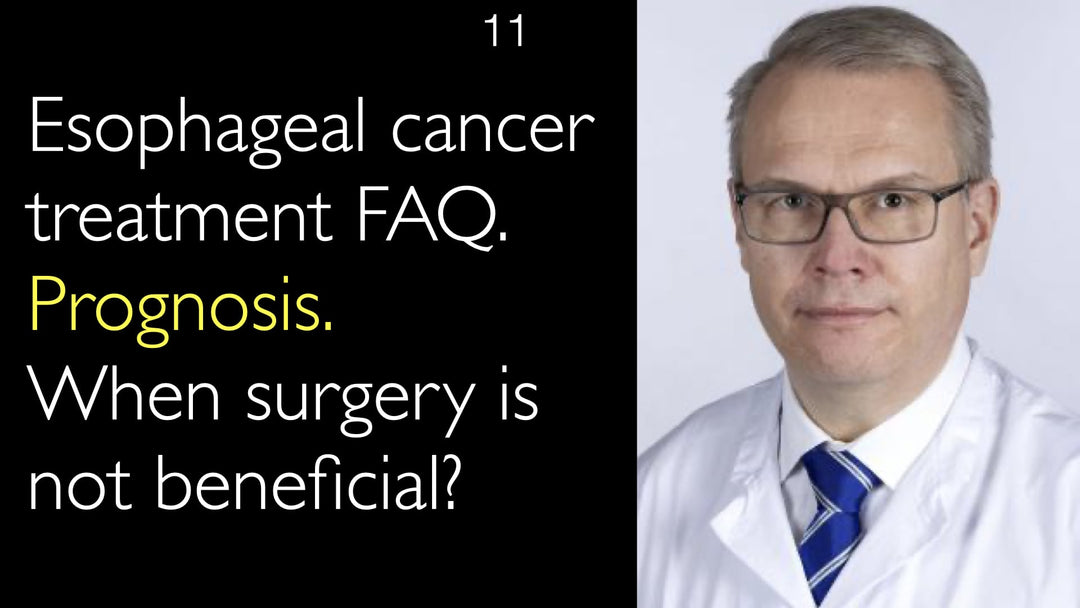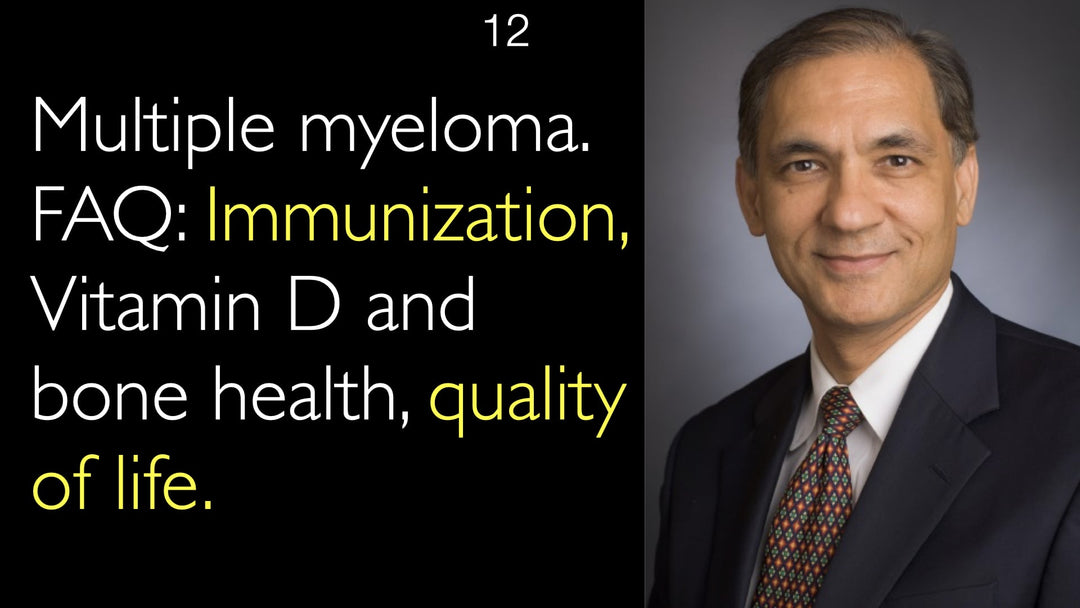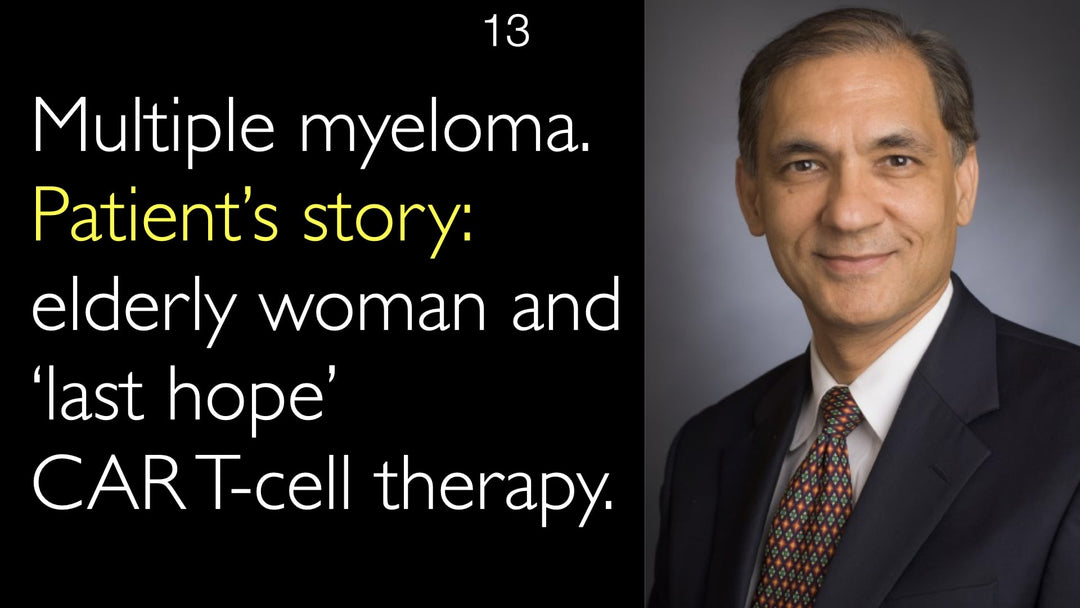Leading expert in esophageal cancer surgery, Dr. Jari Rasanen, MD, explains key patient questions about treatment and prognosis. He details the importance of discussing surgical candidacy and recovery timelines. Dr. Jari Rasanen, MD, emphasizes the critical need for honest conversations when surgery may cause more harm than benefit.
Esophageal Cancer Treatment Options, Prognosis, and Surgical Decision-Making
Jump To Section
- Key Patient Questions About Esophageal Cancer
- Understanding Treatment Prognosis and Cure Rates
- Surgery and Recovery Process Explained
- When Esophageal Cancer Surgery Is Not Beneficial
- Importance of Honest Doctor-Patient Discussions
- Full Transcript
Key Patient Questions About Esophageal Cancer
Dr. Jari Rasanen, MD, identifies the most common questions patients ask about esophageal cancer treatment. Patients primarily want to know if their tumor can be cured. This is a fundamental concern for anyone facing a cancer diagnosis.
Patients also inquire about hospital stay duration and complete recovery time after surgery. These practical concerns are crucial for planning their lives during treatment.
Understanding Treatment Prognosis and Cure Rates
Prognosis discussion is central to esophageal cancer care. Dr. Rasanen addresses patient concerns about curability directly. Esophageal cancer prognosis depends on multiple factors including cancer stage and overall health.
Early-stage esophageal cancers generally have better cure rates. Advanced cancers may require multimodal treatment approaches. Dr. Anton Titov, MD, facilitates these important conversations about treatment outcomes.
Surgery and Recovery Process Explained
Esophageal cancer surgery involves significant recovery time. Dr. Jari Rasanen, MD, explains that patients want clear timelines for hospitalization. Typical hospital stays after esophagectomy can range from one to two weeks.
Complete recovery often takes several months. Patients need realistic expectations about returning to normal activities. Dr. Rasanen provides detailed information about the postoperative journey.
When Esophageal Cancer Surgery Is Not Beneficial
Dr. Jari Rasanen, MD, emphasizes crucial situations where surgery may not be appropriate. Patients with significant comorbidities face higher surgical risks. In these cases, surgery might cause more harm than potential benefit.
Advanced age or poor overall health can contraindicate major cancer surgery. Alternative treatments like chemotherapy or radiation may be better options. This honest assessment is vital for patient safety and quality of life.
Importance of Honest Doctor-Patient Discussions
Dr. Rasanen initiates conversations about surgical appropriateness even when patients don't ask. Surgeons must provide candid opinions about whether surgery is meaningful. This transparency builds trust and ensures informed decision-making.
Dr. Anton Titov, MD, explores how these discussions impact patient care. The ethical obligation includes discussing all treatment options, including non-surgical approaches. Patient-centered care requires balancing hope with realistic medical advice.
Full Transcript
Dr. Anton Titov, MD: Professor Rasanen, what are the top two or three questions that patients ask you when they consider being treated by you? But also, what are the questions that patients should ask, but they don't ask you that often?
Dr. Jari Rasanen, MD: Of course, the first question a patient asks at the time of discussion is whether the tumor can be cured or not. That's pretty obvious—the patient wants to know.
Then, of course, they want to know how much time they are spending in the hospital and when they will recover completely after the surgery.
What they should ask—and if they don't do that themselves, then I will do it for them. I will also discuss the option that we won't do any surgery, because the surgery may cause more harm to the patient than any benefit.
The patient may have a lot of comorbidities, and the risk of surgery is very high. So, it is also very important to be honest with the patient in that case.
And also, tell the surgeon's opinion on whether it is meaningful to do surgery or not. That's one of the things which needs to be discussed.
The patient with cancer does not always ask this, but it is me who will take this issue up.







